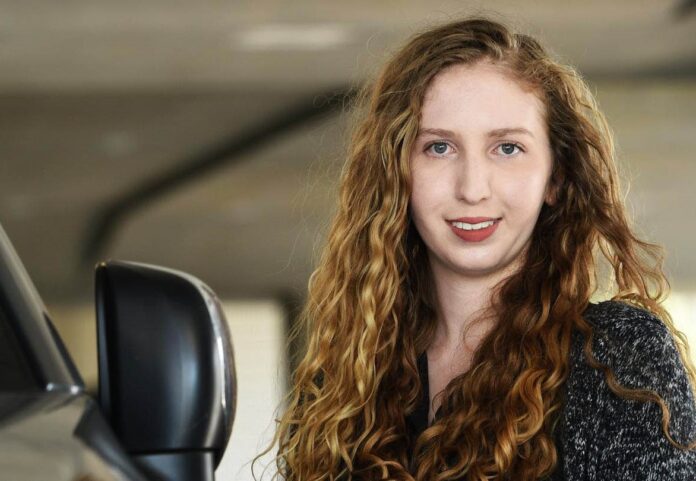What makes drivers choose to risks on our roads?
That’s a question that an award-winning University of the Sunshine Coast researcher is trying to answer as experts and governments work towards Vision Zero, to eliminate road deaths and serious injuries, by 2050.
UniSC senior research fellow Dr Verity Truelove says people who undertake risky driving behaviours are likely repeat offenders who think they won’t face consequences.
“A lot of people think they can engage in these risky behaviours and they won’t be caught or involved in a crash,” she said.
“Some of my research has found that engaging in the risky behaviour and not being caught is one of the strongest predictors of continued engagement in that behaviour.
“Similarly, if people engage in the behaviour and aren’t involved in a crash, they may think they will never crash.
“However, just because you’ve avoided repercussions doesn’t mean you never will. Most of the people who have crashed and/or received infringements as a result of risky behaviours have experience doing it in the past without these consequences.”
Dr Truelove received the Australasian College of Road Safety Young Leader Oration Award for her efforts to better understand – and change – risky road behaviours. It was presented at the recent 2023 Australasian Road Safety Conference in Cairns.
Her work with the Motor Accident Insurance Commission/UniSC Road Safety Research Collaboration addresses road rule violations, such as speeding, distracted driving and impaired driving.
“The fatal five (distraction, speeding, drink-driving, fatigue and failure to wear a seatbelt) remain some of the most dangerous behaviours on our roads,” she said.
“While speeding, distraction, drink-driving and fatigue contribute to a high risk of crashing, speeding and not wearing a seatbelt also make the consequences of a crash more severe.”
She said people needed to understand the dangers associated with risky driving.
“We need a big attitude change towards risky driving behaviours,” she said.
“People need to be made more aware that any small benefits associated with these behaviours do not outweigh the risk, especially when the consequences could mean death or serious injury.”
She said technology could play a bit part in helping to achieve the Vision Zero goal.
“When we want to understand how to maximise road safety initiatives, I think it is important to also understand what role evolving technology will play and how it can be used to both aid road safety and be a road safety risk,” Dr Truelove said.
“Technology such as the mobile phone and seatbelt detection cameras are a great way to improve road safety. These cameras contribute to the idea that you can be caught anywhere anytime to help deter people from mobile phone use and not wearing a seatbelt.
“In contrast, there’s also technology such as social media and navigation applications that can help people see enforcement locations to avoid being caught. However, they may also contribute to deterrence perceptions by allowing people to be more exposed to enforcement locations, depending on how this technology is used.”
Dr Truelove said it was an honour to be recognised by the Australasian College of Road Safety as a future leader in road safety research in Australasia.
“I am very grateful to receive this award, and to also work with an amazing group of people – and to be offered so many opportunities – at the MAIC/UniSC Road Safety Research Collaboration,” she said.
“It has also been really beneficial to be able to collaborate with other organisations such as the police and the Department of Transport and Main Roads.”
Do you have an opinion to share? Submit a Letter to the Editor at Sunshine Coast News via news@sunshinecoastnews.com.au. You must include your name and suburb.





